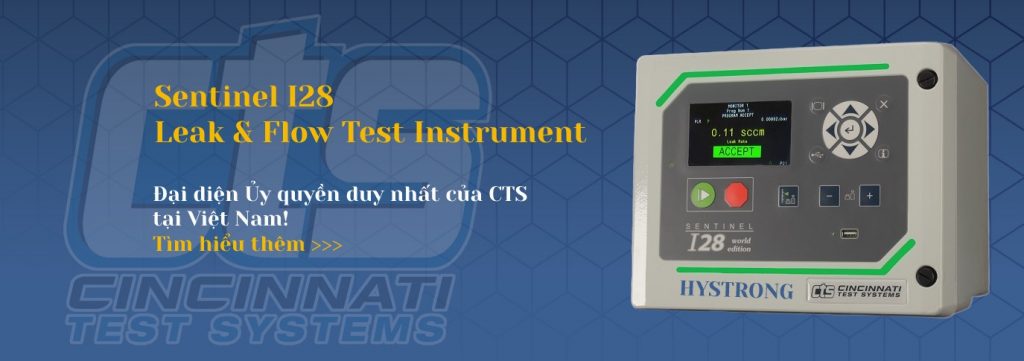Solving Common Electric Vehicle (EV) Battery Testing Challenges
The electric vehicle (EV) market is an emerging one. Requirements and specifications are still evolving, making it difficult for manufacturers of components like EV batteries to design processes and set test limits that are consistent for a high quality product. At the same time, stringent leak testing is a key element of EV battery production.
Many of the components in an electric vehicle battery – cells, modules, coolant systems and packs – are susceptible to leaking. These components must be leak tight to avoid customer inconvenience and even catastrophic failure. In off-roading vehicles especially, battery packs must be water-tight and prevent dust from penetrating the components and causing performance and safety issues.
When undergoing testing, battery components are especially sensitive to issues such as temperature change and barometric pressure fluctuation. It is also challenging to spot the smallest leaks in large volume parts like EV batteries used for larger passenger and commercial vehicles. Leak testing instrumentation requires the sensitivity, accuracy and traceability needed to address the new but critical requirements of EV battery testing.
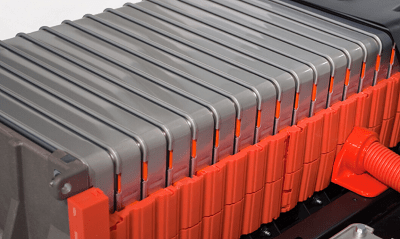
Considerations for Electric Vehicle Battery Testing
Cells:
- Ensuring the integrity of the cells for the life of the product
- Tracer gas is favored over air leak testing methods
Modules:
- Determining the leak rate of the module cooling circuit
- No clear industry standard across manufacturers
Cooling Circuits:
- Testing plates, tubes and complete cooling circuit with varying leak rates
- Testing the validity of circuit connections
Battery Packs:
- IP67 standards are typical, and IP69K for harsh environments
- No clear industry standard across manufacturers
Additional Challenges of Leak Testing EV Battery Packs
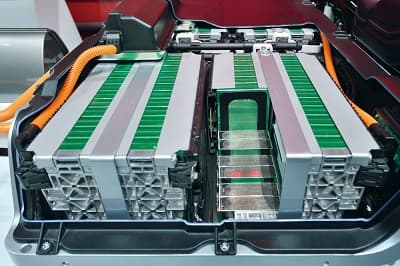
Of all the battery components, battery packs pose the most challenges to leak testing. Part size is an issue as it is more difficult to reliably test large volumes. Electric vehicle packs are prone to part expansion at unpredictable rates. Variation in temperature and atmospheric pressure also affect the pressure in the parts resulting in variation of the test results. Ballooning parts and flexible components create a significant challenge in leak testing and can compromise results unless the proper test method and equipment is chosen to address the unique challenges of the application.
The goal with all electric car battery testing, including packs, is cost-effectiveness, maximized cycle time, and a reliable, repeatable test with low gage R&R.
At CTS, we have the solutions and services you need to solve leak test problems and meet your EV battery testing goals.
EV Battery Component Testing Systems
We are now levering that experience and success into consulting with manufacturers in the EV market and delivering leak test services and instruments that help you understand, define and address EV battery leak testing standards and requirements.
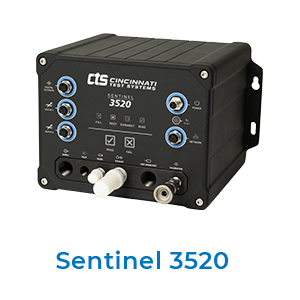 |
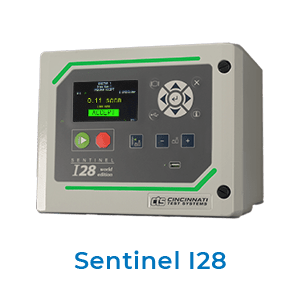 |
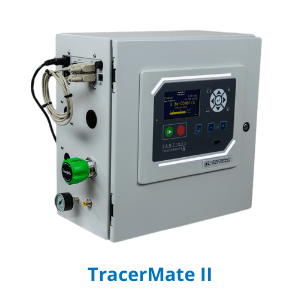 |
- Call/punch leak tests
- Module assembly cooling circuits inspections
- Cooling circuit hose assembly leak tests
- Cooling plate leak tests
- Battery pack leak testing
- Battery pack electrical connector leak tests
- Testing completed cooling circuits before cover install
- And more
Sentinel 3520: A Leak Tester for Large-Volume EV Batteries
Finding small leaks in large parts is extremely difficult. The Sentinel 3520 instrument is engineered with the precision, robustness and features needed to address a range of battery applications where things like ballooning and large volume tend to be issues. The 3520 offers the sensitivity required to accommodate the leak rates that battery manufacturers are working with as they narrow in on the right specifications for this new application.
This leak tester conducts pressure decay and flow testing for large battery packs, trays, and cover applications with leak rates of 15-20 scc/m. The system has a vacuum to 95 psig range and features full PID loop electronic regulators.
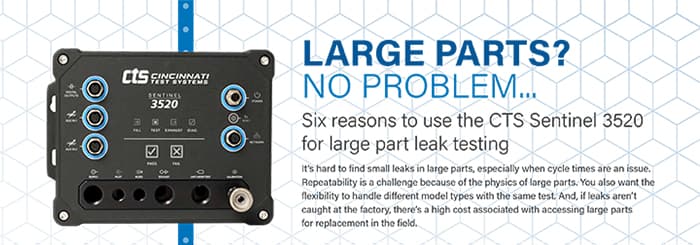
Sentinel I28: The Right Choice for Leak Testing Battery Cooling Circuits
Selecting leak rates for EV cooling circuits that use glycol and water mixtures typically correlates with a combustion engine cooling circuit for non-liquid leak rates and a test pressure that equals that of its normal operating pressure. This type of application is typically related to pressure measurement technologies, including the Sentinel I28. If the system is cooled using freon gases, a tracer gas technology is the most ideal test method for measuring acceptable EPA release levels of refrigerant and to allow continued operation of the system.
Reliable Testing to Catch Even the Smallest Leaks
With more varieties of leisure and off-roading vehicles going electric, leak testing battery packs has become even more important in order to protect the battery components against harsh off-road environments which can mean being submerged in or exposed to water, dust, mud, etc. for lengthy periods of time.
In some cases, if water were to penetrate the battery pack and/or components, it could lead to combustion, etc. To ensure optimal performance and operational safety in these conditions, these battery packs need to be leak tested to precise requirements, including testing to IP67 standards.
To meet the IP67 standards, and other IP standards, leak test methods need to be able to reliably and quickly test to very low target leak rates. For EV battery packs and cases, this means either a volumetric fill test with a vacuum (Sentinel I28) or a tracer gas method (TracerMate II).


 Tiếng Việt
Tiếng Việt